User-defined Transactions Can Improve System Performance Because
User-defined transactions can improve system performance because. Yes using these techniques on flash hurts performance just as they do with hard disk drives. C speed is decreased due to query optimization. Commit transactions in intervals that allow maximum concurrency.
A data modification query that is KILLed or canceled outside of a user-defined transaction will be rolled back. User defined transactions can improve system performance because A transactions from BUS S307 at Indiana University Bloomington. To improve performance you can use the aggregation facility for purchase order history by using the transaction ME87 which can remove reversibly old data from your purchase order history.
Therefore reducing overall disk IO. A data modification query that is KILLed or canceled outside of a user-defined transaction will be rolled back. This can also occur as a side effect of the client network session disconnecting or when a request is selected as the deadlock victim.
Although using transactions can help application performance do not take this tip too far. 11 User-defined transactions can improve system performance because. However for the fastest performance consider changing the code further to take advantage of client-side batching such as table-valued parameters.
Flash storage creates a middle ground between efficiency and performance though. Choosing the Right Transaction Model. OLTP or Online Transaction Processing is a type of data processing that consists of executing a number of transactions occurring concurrentlyonline banking shopping order entry or sending text messages for example.
So we should place the most selective column on left most side of a non-clustered index. This can often be identified by observing the output of sysdm_exec_requests which may indicate the ROLLBACK command and the percent_complete. User-defined functions can improve system performance because they will be processed as sets rather than individually thus reducing system overhead.
User-defined transactions can improve system performance because. B transactions are mapped to SQL statements.
11 User-defined transactions can improve system performance because.
Unlike in SQL Server 65 there are no devices and segments in SQL Server 70 and SQL Server 2000. User-defined functions can improve system performance because they will be processed as sets rather than individually thus reducing system overhead. Databases reside on operating-system files instead. An index can help to improve the SQL query performance if the criteria of the query match the columns that are left most in the index key. B transactions are mapped to SQL statements. C speed is decreased due to query optimization. Unlike in SQL Server 65 there are no devices and segments in SQL Server 70 and SQL Server 2000. The order or position of a column in an index also plays a vital role in improving SQL query performance. It can also help to save cost.
A transactions are processed as sets reducing system overhead. Transactions offer a quick way to improve the performance of code that makes sequential insert update and delete operations. In-Memory OLTP can provide great performance benefits for transaction processing data ingestion and transient data scenarios. Commit transactions in intervals that allow maximum concurrency. User-defined functions can improve system performance because they will be processed as sets rather than individually thus reducing system overhead. Read the OSS note for more details 311089 Performance problems because of long PO history and 574494 Explosion the aggregated purchase order history via report. A transactions are processed as sets reducing system overhead.


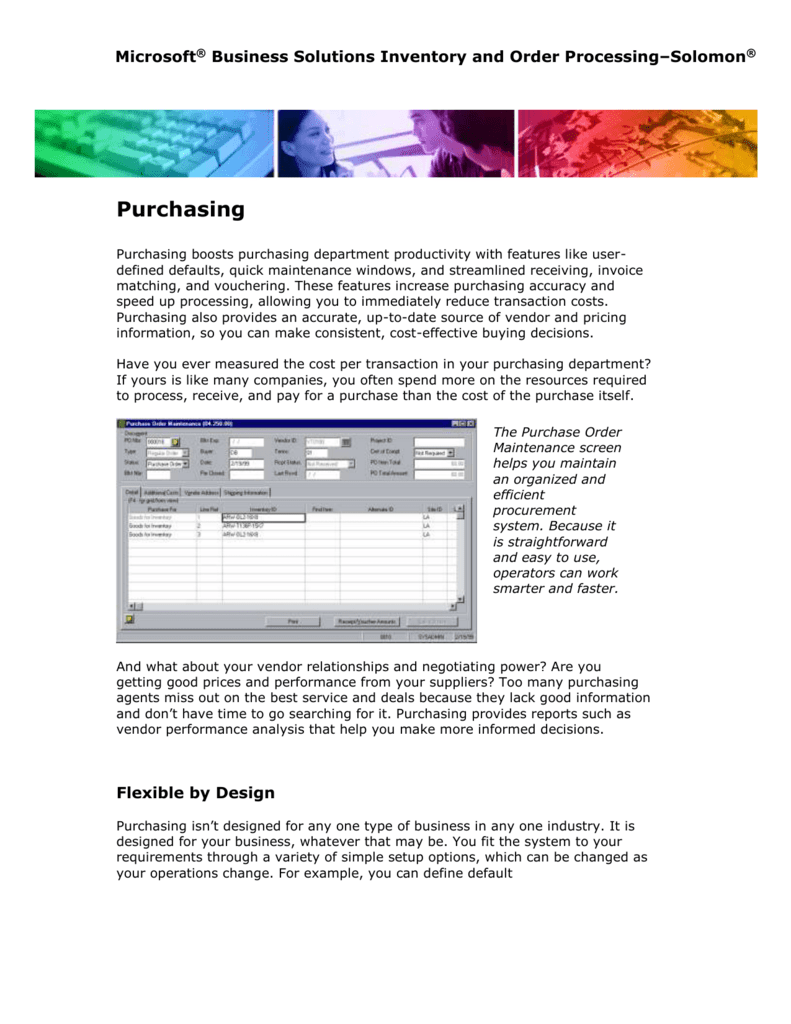
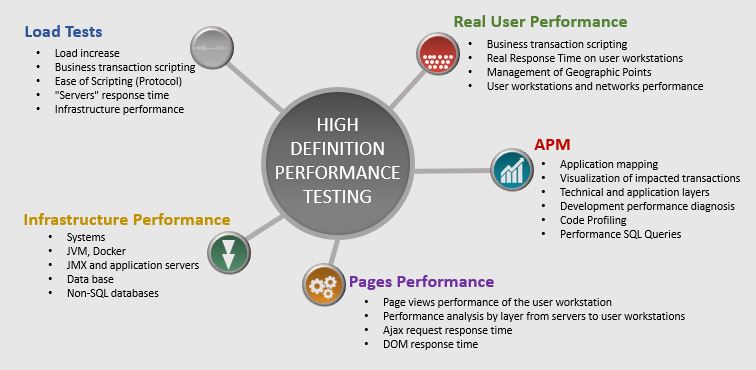
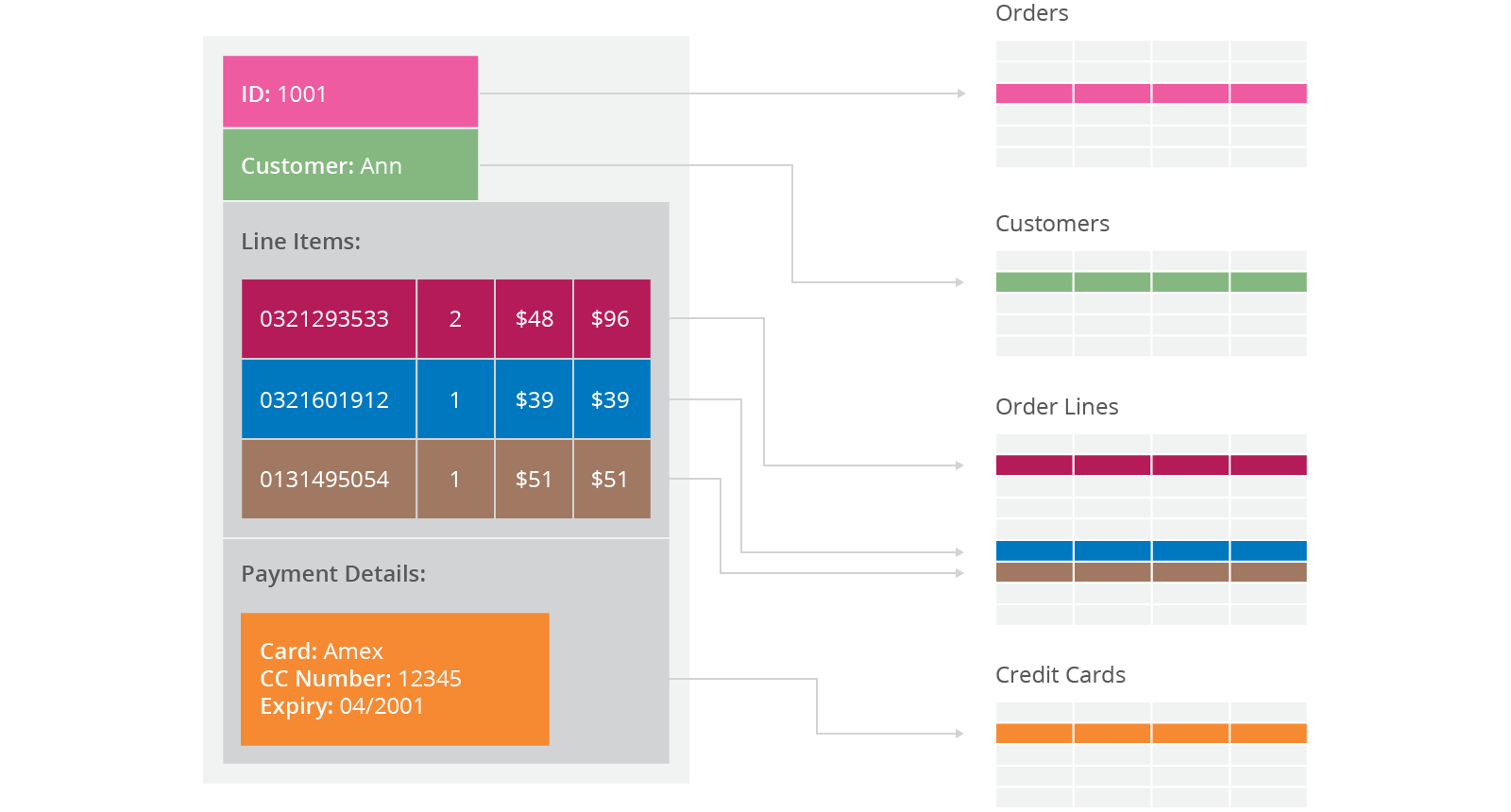
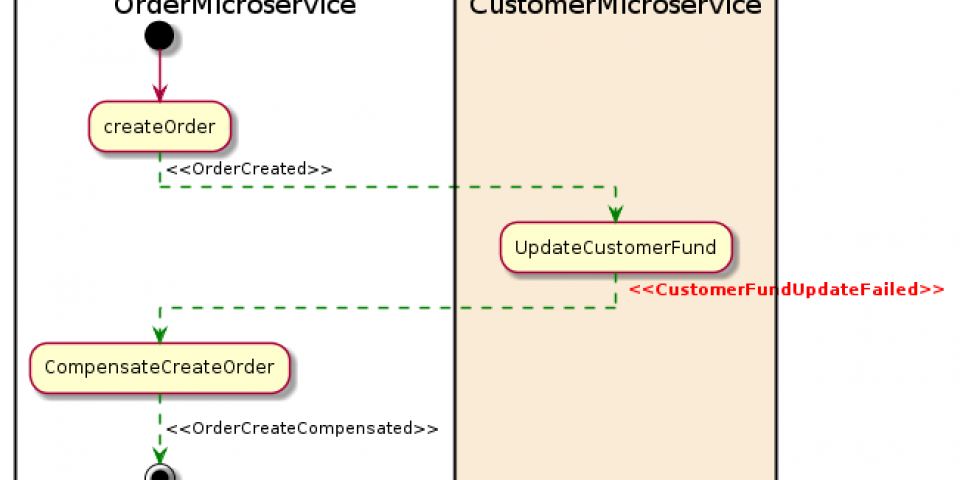






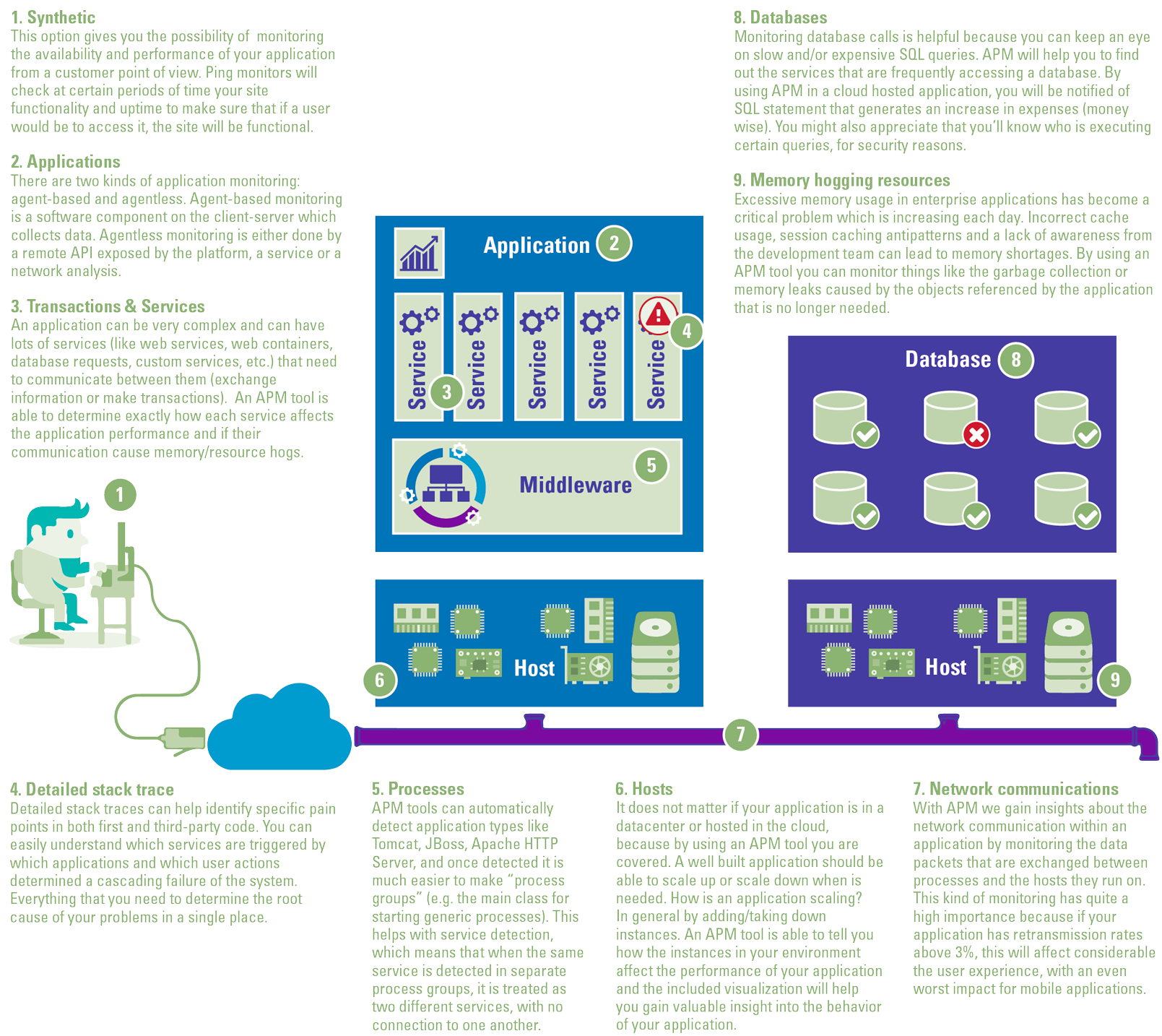



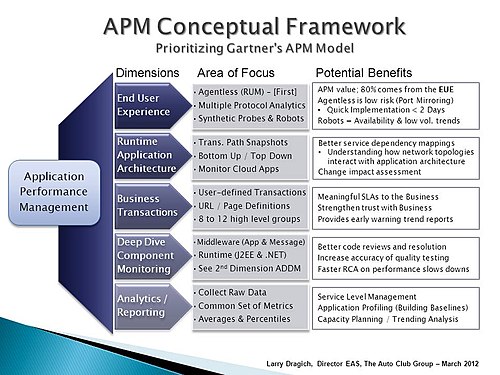
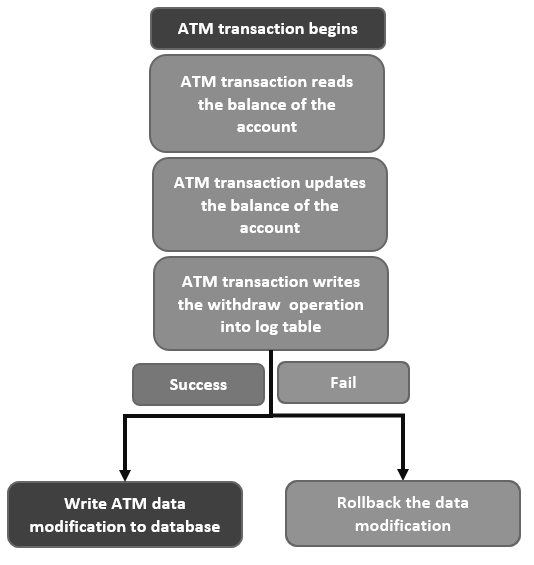


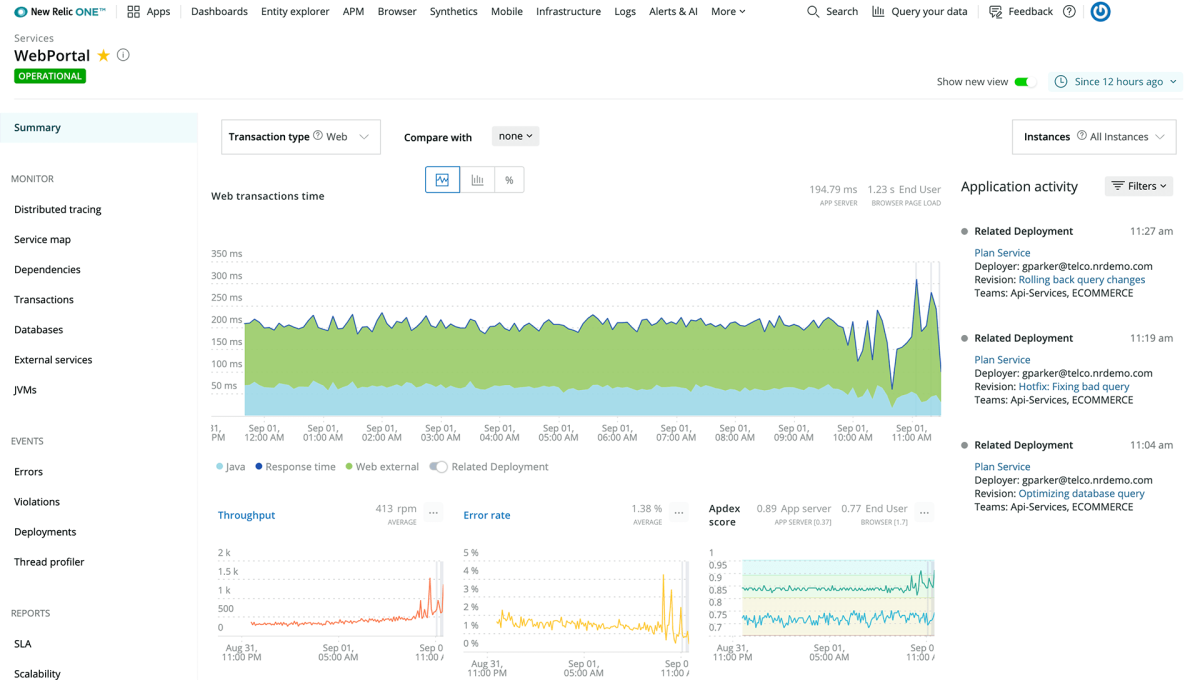
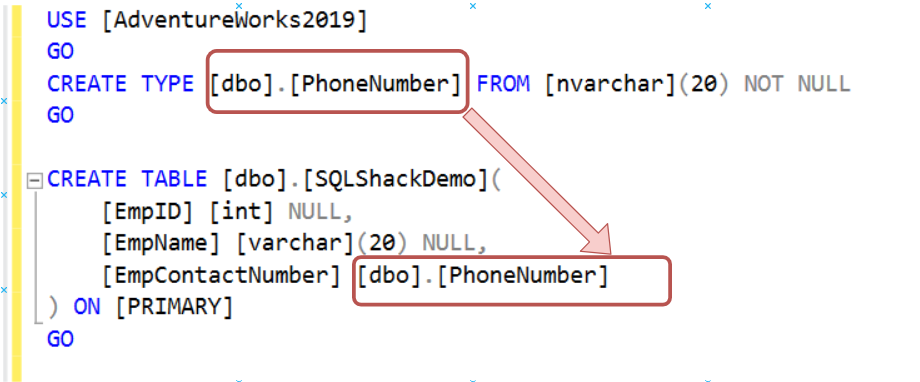


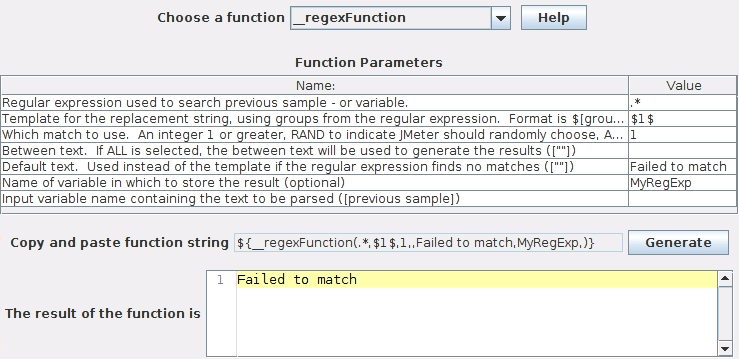





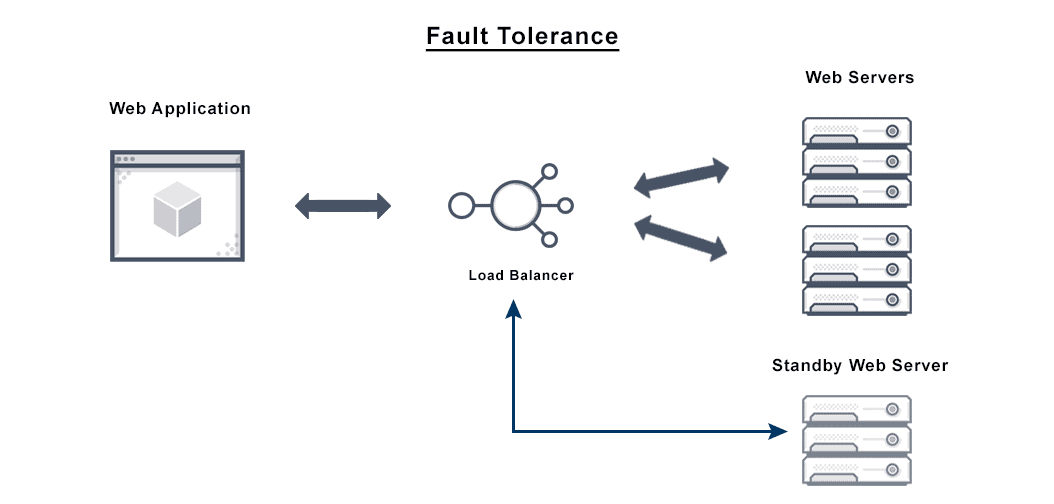


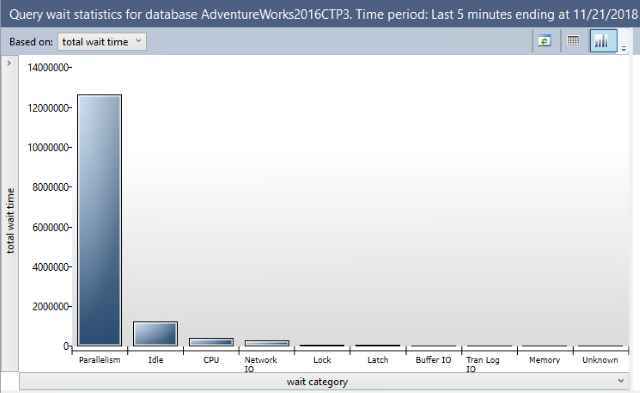



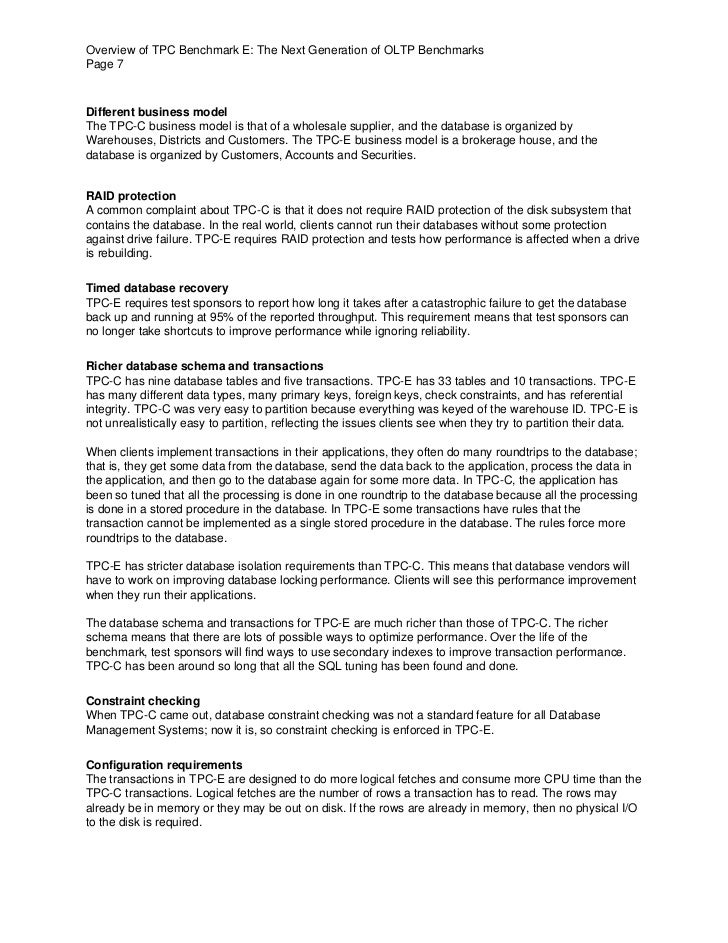
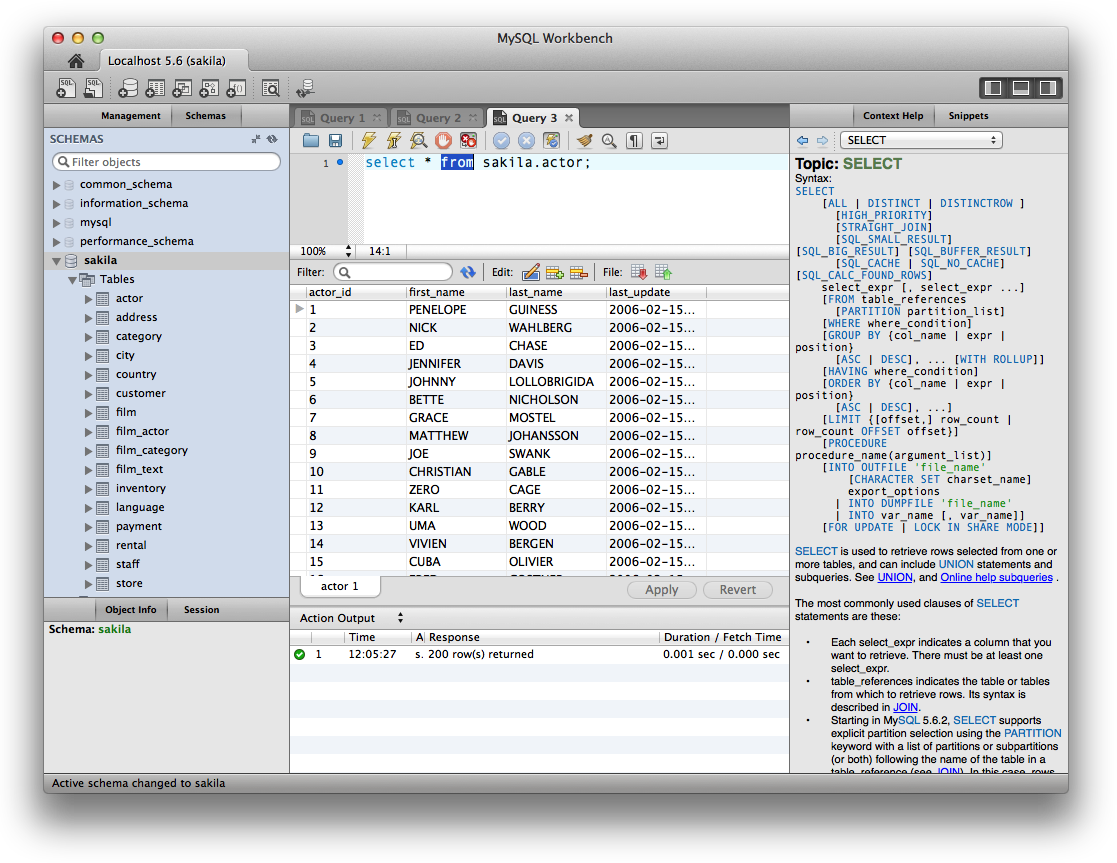

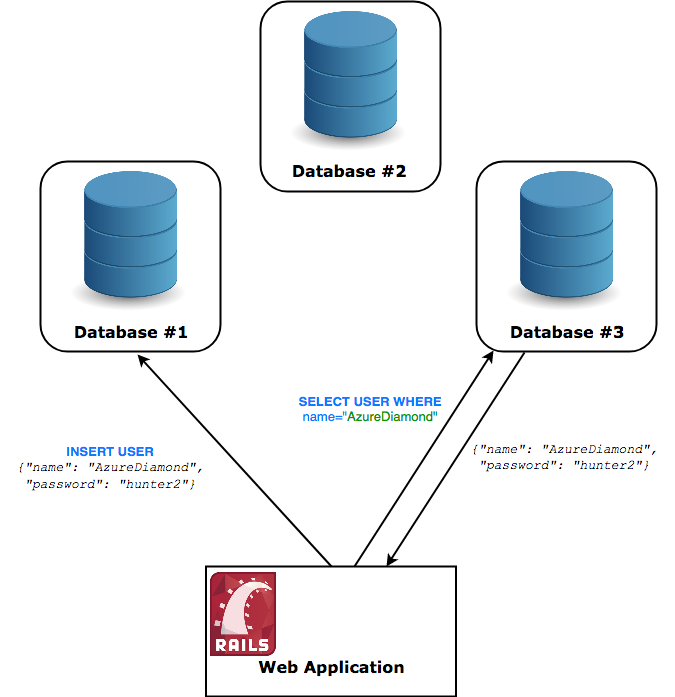

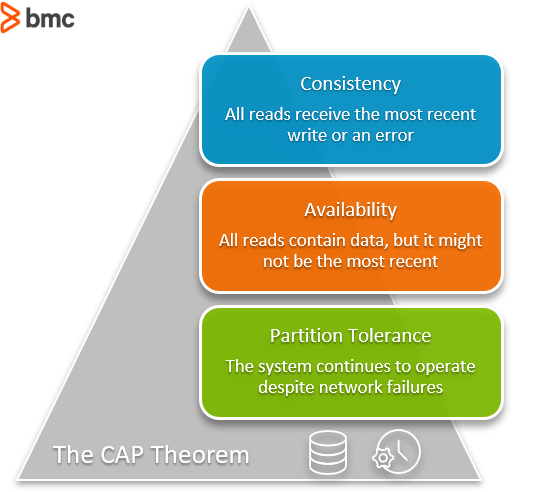
Post a Comment for "User-defined Transactions Can Improve System Performance Because"